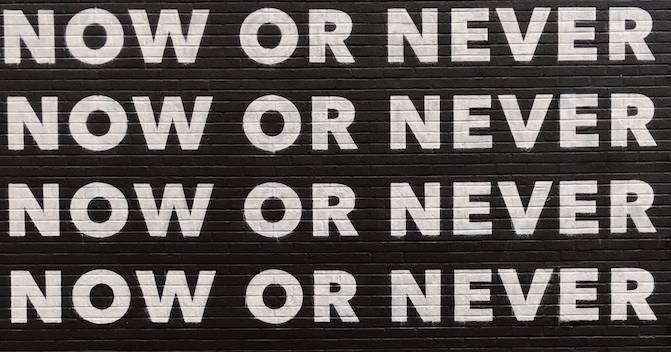There is indisputable progress is in the area of technology, which has enabled societies to create tremendous wealth and financial stability. Here is the trifecta for innovation in the twenty-first century. Innovation includes technology, education, and financial stability.
Humanity is on the cusp of many changes, and progress is being made exponentially in every field.
Technological progress stands on the shoulders of innovation and creativity. We have seen the improvements that can come to fruition when “the few” have the privilege of being creative. Now imagine what can happen when that power is wielded by “the many.”
Mastering digital technology
From mastering digital technology to manufacturing by 3D printing, ingenuity is now at the fingertips of anyone willing to reach for their imagination.
Everyone should have that opportunity. By combining technological progress with universal access to knowledge and training, as well as financial stability, we have an intersection of forces with the power to affect the lives of many by unleashing previously unheard-of levels of creativity and ingenuity, globally.
Technological Progress
The first element of our trifecta is that of technological progress. With the advent of technologies that replace grunt work and machines capable of harnessing tremendous physical and cognitive power, any individual is capable of independently making strides previously reserved for people with specialized knowledge.
Through mastering WordPress, for example, anyone can build their own website. With 3D printing, anyone can develop their prototype, and with artificial intelligence and machine learning offered as cloud-based services almost anyone can launch a tech-powered solution without developing algorithms or writing code.
As tools become more accessible and easily used, so do people’s abilities expand to turn innovative and creative ideas into reality.
Education and Information
The second element of the trifecta is education and information. The internet was a first step toward democratizing knowledge, but just making information accessible is the lowest and simplest level at which to rethink how we distribute knowledge.
We are now confronted with the fact that we have to think carefully about the quality of that information, and its accuracy. Answering questions, such as, whom do we trust to curate knowledge? At all levels, society must rethink education and vocational training.
When it comes to educating our youth, the leaps forward are noticeably absent. The current school years of developed countries were designed for agrarian societies and the curriculum for industrial societies.
But the 21st century presents a high-tech environment in which the skills we pass on to younger generations must be more adaptive. Many Gen Zers will end up working in industries still not conceived of, and the education system must reflect that the future is less predictable than ever.
Additionally, working people today will change professions many times over their careers. Gone are the days in which most of us learned a profession handed down over generations. Instead, we must adapt and be flexible to retrain several times over the course of a career.
Educational Training
We must also think carefully about how organizations approach and train their employees. The most significant part of peoples’ training is going to be while working in organizations. Organizations already employ vast potential, but narrow roles and a lack of appropriate vocational training for implementing innovative solutions to be creative stifle innovation.
Being ready for innovation also means that corporate structures and budgeting must take open innovation into account. Traditional structures, roles, and Key Performance Indicators (KPIs) are notorious barriers to the quick adoption of innovative technologies in organizations.
To be effective, innovation leaders need the appropriate mandate and positioning within the organization.
Organizations must learn to be open, ready, and educated to harness innovation.
Increased Financial Stability
The last element of our trifecta is that of increased financial stability. There have been many discussions on the political level about how to raise the general population’s financial stability.
Modern economies have managed to raise a vast proportion of the population of the world from poverty. In the developed world, extreme poverty is virtually eradicated.
In the developing world, the economic strides forward are lifting people out of poverty at an unheard-of pace. Economic growth has created positive feedback loops; one of which is that technological progress is strengthening economies, thus, more untapped potential unleashes globally.
The boom in creativity is not limited to the first world — quite the contrary, we see it globally.
As a rising number of people get the chance to indulge their creative potential, so too does this untapped asset start to yield dividends for everyone.
In combining technological progress with education and training across the board, as well as more accessible financial stability, humanity is equipped with a triple threat for promoting innovation and creativity in the 21st century.
Even now, as the world deals with multiple crises, we must remember that our ability to deal with them comes from the strides made by the innovators before us.
As a society, we must be prepared at each level to embrace and implement innovation to safeguard and keep up the streak of the progress we are riding. We will not only be talking about innovation, but living it.































